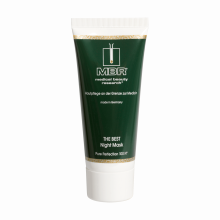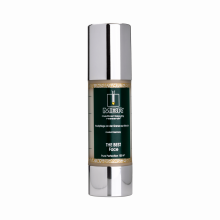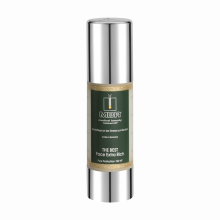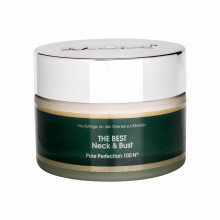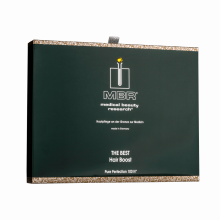Aging is a complex set of processes that involve a diverse group of conditions and reactions. This is why the aging process has been challenging to define; it is also why there are multiple theories on it. However, aging processes can be divided into two groups: the amassing various degrees of damage to the cells and the genetically programmed process.
Prolonging Life with Medicine
Research on the prolonging of life, studies of people over 100, historical records, and common sense all shows us that to live a long life; you need to do at least some of the following:
- Come from a family that has a history of living for a long time
- Eat-in a moderate fashion and make sure you maintain your ideal weight.
- Consume a balanced and varied diet that is rich in whole foods, with lots of vegetables and fruits (particularly bright colored ones)
- Try to avoid stress and all negative emotions
- Get a lot of exercise and sleep
- Don't' have your children at a young age
The medical profession will tell you that there are no drugs or supplements on the market that can extend a person's life span. Wellness gurus will tell you that many herbs and supplements can slow down the aging process. But, unfortunately, the media and advertisers can't tell you much of anything.
What is the scientifically based answer to this question? First, it is obvious that all parts of the aging process are very complex. Second, life-extending drugs are theoretically possible, but they have not yet been developed.
MBR's anti-aging collection
Many interrelated and complex mechanisms make up the aging process. Slowing it down significantly with drugs would be very difficult. Long-lived species, like people, have already optimized their mechanisms for self-repair, and improving them further will be a difficult problem to solve. Conducting longevity studies involving humans is very expensive, rather impractical, and takes decades to collect viable evidence.
The bottom line of the above situation is that there has yet to be a drug created that has been proven to extend the lifespan of humans. However, some agents do extend the lifespan of experimental mammals. Other agents lower the risks of common degenerative diseases and perhaps may even be able to lengthen the lifespan of humans. But further research is still necessary.
In conclusion, it is possible that we will be able to find a way to extend the lifespan of human beings. However, some of these methods are natural, and others are synthetic. So, there are very few viable agents, and a lot of further research is necessary before their viability can become an established scientific fact.
Free radicals are the chemicals in the body that have an unpaired electron. This means that they are very dangerous as they can behave in an erratic manner which can be very damaging to the effective functioning of the body.
DNA is the critical molecule of life: it is the blueprint of the creature encoded in the genes. DNA is an indispensable part of the cell. Other parts of the cells, such as proteins, lipids, and RNA, can be replaced if need be. DNA, if lost or damaged, cannot be replaced.
Cells of higher organisms like birds or mammals work slightly differently. Until the middle of the 20th century, it was believed that cells in all species could also live forever.
Is there a centralized aging clock in humans that dictates the pace at which all bodily systems run? Yes and No... Studies have not yet found a specific central mechanism that is solely responsible for aging.
Certain substances that contribute to the aging process can be avoided. A good example of this is tobacco tar. Other contributory substances are not as easily avoided as they are key parts of the metabolism. The best example of this is glucose.
The majority of energy that is produced in the cells is done by the mitochondria. Cell function is dependent on the mitochondria providing energy to the rest of the system. Mitochondria are also the main factor behind free radical damage.
One of the most important defense mechanisms in the body is inflammation. It is a key to survival but at the same time appears to add to the pace of aging and the speed of the onset of degenerative diseases.
The body's metabolism produces waste regularly. The majority of bodily waste is expelled through breathing, urine, feces, and sweat. The most easily disposable waste is composed of small molecules like urea, carbon dioxide, and electrolytes.
Stress has been closely linked to the development of age-related diseases and the aging process as well. The stress response is basically a complicated adaptive reaction in the body.
There are two commonly asked questions about the lifespan of humans. The first is why does the rate of aging differ so dramatically among different species of animals? The second one is why are there more short-lived species than long-lived ones?
The greater our comprehension of the aging process the more ways that scientists find to try to extend the average life span. Ironically, the most effective means of anti-aging intervention has been the same for the past 50 years; eating less!!

